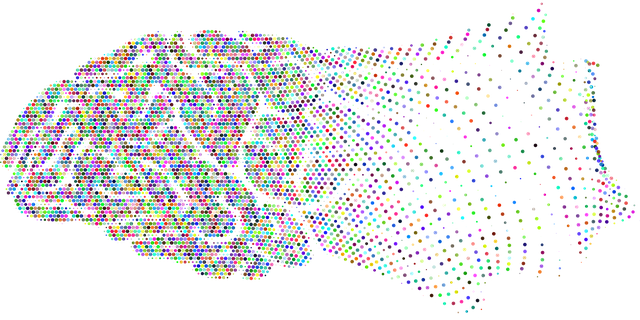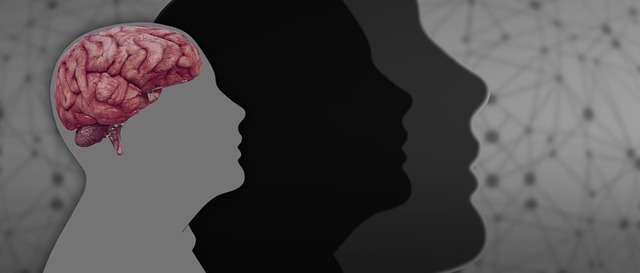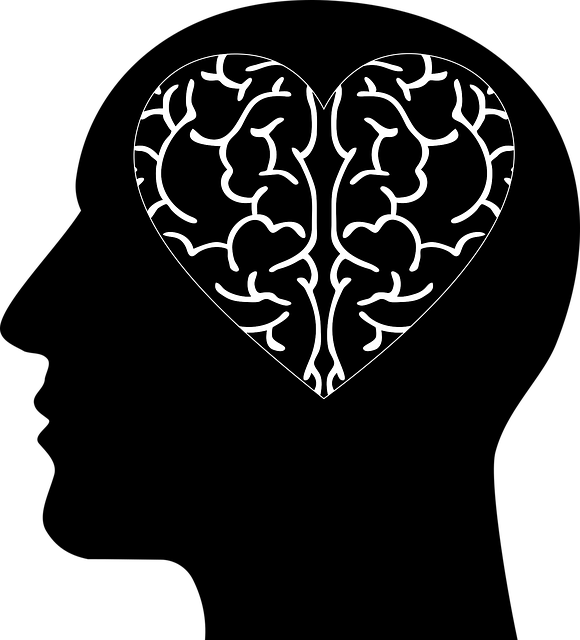Depression among young adults is a prevalent issue that requires early identification through recognizing signs like persistent sadness, changes in appetite/sleep, fatigue, and social withdrawal. Diagnosis involves professional assessments by mental health experts utilizing detailed interviews and standardized tools. Effective treatments include cognitive-behavioral therapy (CBT), interpersonal psychotherapy, and social skills training, empowering young adults to overcome depression. Community outreach programs, cultural competency training for healthcare providers, support groups, mindfulness meditation, public awareness campaigns, conflict resolution techniques, self-care routines, and confidence-building strategies all contribute to comprehensive care for young adults dealing with #TherapyForYoungAdultsDepression.
Mental illness diagnosis and treatment navigation can be a challenging journey, especially for young adults. This comprehensive guide delves into understanding depression in this demographic, recognizing subtle signs often overlooked. We explore the diagnosis process, emphasizing professional assessment and evaluation. Additionally, we uncover effective therapeutic approaches and navigate treatment options, including therapy, medication, and support groups. The article also offers essential self-care strategies to foster resilience for long-term mental wellbeing, offering valuable insights into tackling young adult depression and its treatment.
- Understanding Young Adult Depression: Recognizing the Signs
- The Diagnosis Process: Professional Assessment and Evaluation
- Therapeutic Approaches for Effective Treatment
- Navigating Treatment Options: Therapy, Medication, and Support Groups
- Building Resilience: Self-Care Strategies for Long-Term Wellbeing
Understanding Young Adult Depression: Recognizing the Signs

Depression among young adults is a prevalent issue that often goes unnoticed due to its subtle nature and the unique challenges associated with adolescence and early adulthood. Recognizing the signs of depression in this demographic is crucial as it can significantly impact their future well-being and overall quality of life. Young adults may present different symptoms compared to older individuals, making it essential for caregivers, educators, and peers to be vigilant. Common indicators include persistent feelings of sadness or emptiness, changes in appetite and sleep patterns, fatigue, difficulty concentrating, and social withdrawal.
Many young adults struggling with depression may also exhibit a loss of interest in activities they once enjoyed, increased irritability, or even thoughts of self-harm. It’s important to remember that these signs can be attributed to various factors, including developmental changes, stress from academic or professional pressures, or other underlying mental health conditions. Providing support and encouraging open conversations about mental health is vital. The right therapy for young adults with depression, such as cognitive behavioral therapy (CBT) or interpersonal psychotherapy, coupled with social skills training and stress management techniques, can empower individuals to develop mind over matter principles and lead fulfilling lives.
The Diagnosis Process: Professional Assessment and Evaluation

The process of diagnosing mental illness is a meticulous journey that involves a comprehensive professional assessment and evaluation. It’s often the first step in navigating treatment for young adults experiencing depression or other mental health challenges. Mental health professionals, such as psychiatrists, psychologists, or licensed therapists, employ various tools to gain an understanding of an individual’s symptoms, personal history, and overall well-being. This thorough process typically includes detailed interviews, questionnaires, and standardized assessments tailored to specific conditions.
During these evaluations, professionals may explore the patient’s thoughts, feelings, behaviors, and social interactions to identify patterns or triggers associated with their mental health state. They might also consider environmental factors and life events that could contribute to stress management and subsequent changes in mood or behavior. The goal is to create a clear picture of the individual’s current state, enabling the recommendation of suitable therapy types, such as cognitive-behavioral therapy (CBT) for depression, along with stress reduction methods and positive thinking exercises.
Therapeutic Approaches for Effective Treatment

Mental health treatment for young adults often involves a range of therapeutic approaches tailored to individual needs. One effective method is cognitive-behavioral therapy (CBT), which helps individuals identify and change negative thought patterns and behaviors contributing to their depression or anxiety. This form of therapy encourages self-reflection, empowering young adults to develop coping strategies and build resilience.
Additionally, community outreach programs can play a vital role in providing support networks and enhancing access to care. These initiatives promote mental health awareness, foster connections, and offer peer support, ultimately contributing to improved self-esteem and overall well-being. Healthcare providers can also benefit from cultural competency training to better understand and address the unique needs of diverse young adult populations, ensuring inclusive and effective treatment.
Navigating Treatment Options: Therapy, Medication, and Support Groups

Navigating treatment options is a critical step for individuals facing mental health challenges, especially young adults dealing with depression. Therapy stands as a cornerstone in this process, offering various approaches tailored to unique needs. Cognitive-behavioral therapy (CBT), for instance, has proven effective in addressing depressive symptoms by identifying and changing negative thought patterns and behaviors. This form of therapy provides practical tools to manage emotions and improve overall well-being.
Complementing individual therapy, support groups and mindfulness meditation can significantly enhance recovery. Support groups offer a sense of community, allowing individuals to share experiences, gain insights from peers, and build social connections. Mindfulness meditation techniques have gained prominence in recent years, promoting self-awareness and emotional regulation. Public awareness campaigns development has also played a crucial role in destigmatizing mental illness, encouraging young adults to seek help without fear of judgment. Additionally, conflict resolution techniques learned through therapy can help individuals manage interpersonal challenges, fostering healthier relationships and an improved support network.
Building Resilience: Self-Care Strategies for Long-Term Wellbeing

Building resilience is a vital component of navigating mental illness and fostering long-term wellbeing, especially for young adults grappling with depression. Therapy provides a powerful tool to address underlying issues, but self-care strategies are equally essential for managing symptoms and preventing relapse. Encouraging young adults to develop a robust self-care routine can significantly contribute to their overall mental health journey.
This involves incorporating various practices such as regular exercise, mindful meditation, adequate sleep hygiene, and engaging in hobbies or activities that foster a sense of pleasure and accomplishment. Additionally, confidence-boosting techniques and effective communication strategies can empower individuals to seek support, express needs, and build strong connections with peers and caregivers. By combining therapy and proactive self-care, young adults can navigate their mental health challenges with greater resilience and adaptability.
Mental illness diagnosis and treatment navigation can be complex, but with the right resources, young adults can find their way to healing. By recognizing depression signs early, undergoing professional assessments, exploring effective therapeutic approaches like cognitive-behavioral therapy (CBT) for young adults depression, and joining support groups, individuals can navigate treatment options tailored to their needs. Additionally, adopting self-care strategies as part of a comprehensive approach to mental health fosters resilience, enabling young adults to thrive long-term. Remember, with the right assistance, managing and overcoming depression is achievable.









